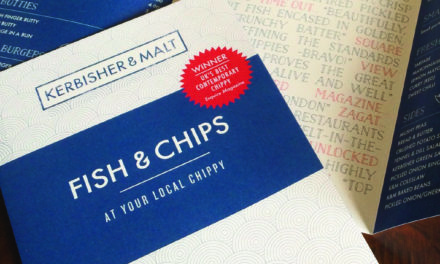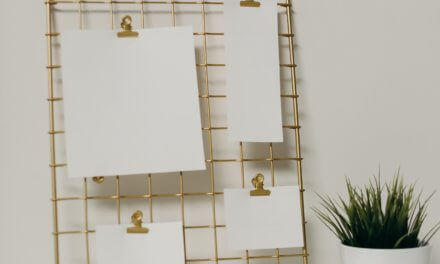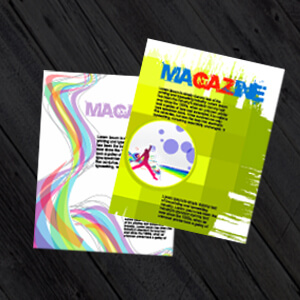If you have just finished designing your latest poster or leaflet for hard copy printing and intend to publish it online as well, then you will need to optimise the image for better search engine results.
Here is a short action plan to help you to optimise images for the web so that they have the best chance of reaching the top of the search results.
Optimise The Image Size and Format
Unfortunately, there is no one size or format that fits all on the web. Your image will need to be resized and formatted depending on what platform you intend to publish it on.
Google loves high-quality, fast-loading images. On websites, try to use JPG format where possible, as this gives the best resolution in the smallest possible file size. Likewise, aim to use PNG-8 or PNG-24 for transparent images.
Google loves fast loading images. Compress your images before you publish them online by using a free tool such as JPEG-Optimizer.
When publishing on social media, check each platform’s size requirements individually.
Optimise The Image Text
The second most important aspect of optimising images for the web is the written information that is contained in your image.
The title tag is probably one of the most important aspects to consider. Use Google Ads Keyword Planner to discover the best keywords. Longtail keywords, for example, are an excellent way of targeting lower competition keywords that have higher clickthrough rates.
Fill in the alternative (alt) text of your image. The alt text is used by visitors who can’t access your image and Google uses it to understand what your image contains. Both are important aspects of SEO and usability.
Don’t forget…
Here at PrintUK.com, we have a fantastic template builder where you can design online, which is completely free to use. You can design your image online and use our low-cost printing services to get hold of a hard copy of your marketing material. Once printed, you can then send your final design to a graphic designer to be converted into an image that will be suitable for the web.
With the above tips in mind, you will then be able to brief your graphic designer as to the appropriate file size and format, prior to them converting it, and then add your keywords so that your image has the best chance of reaching the top of the search results. Contact the PrintUK.com team today for assistance with your print design – our team of experts will be more than happy to help you.







.jpg)
.jpg)
